If you’ve ever struggled to find high quality and truly gender-neutral shoes—whether you’re a cis woman frustrated by the lack of menswear options in your size, a nonbinary person looking for something equally work and weekend appropriate, a trans woman searching for the perfect boot or brogue that doesn’t feel overtly masculine, a trans man who wears smaller sizes, or a cis man looking for more stylish footwear—Matriarch is the company you’ve been waiting for.
Two sisters, Sarah and Rachel Waxman, started Matriarch with a driving goal: to produce quality footwear inspired by the menswear styles they loved, available in sizes everyone could wear.
Their focus on quality produced four unique, purposefully-designed shoes made from vegetable tanned leather in a family owned factory in Porto, Portugal. Matriarch also recently announced they would be producing the shoes in an all-black colorway due to high demand.
Through daily Skype calls and WhatsApp messages, Sarah and Rachel prepared for the launch of Matriarch’s Kickstarter campaign (which ends in 17 days) from Berlin and New York City respectively. When I talked to Sarah last Friday, she had just landed in NYC after a day of flying.
PRIDE: What were the conversations with your sister [Rachel Waxman] like as you were coming up with the concept of Matriarch? What are your roles?
Sarah Waxman: A lot of it has just been over the years. ‘I want that men’s shoe so badly. Why doesn’t it come in our sizes?’ And we’re always sending each other links to shoes or clothes, but we’re actually really different people. Our styles are quite different, and our personalities. But we really converge on this thing somehow. It’s just been sort of a lifetime of always wanting this same thing, and being in a position to actually do something about it.
Matriarch started out just with me, and then [Rachel and I] were talking about it so much that she joined organically. I’m the designer, and I’m a freelancer. I live in Berlin, so it was pretty easy for me to go to Portugal. It’s easy for me to take care of that end of things—the design and the development. We’re in touch all the time, every day, every step of the way. She offers another really good perspective. She’ll come up with things I wouldn’t think about, and make sure I don’t get too stuck on any one thing. She’s also more of the business end. All the Excel sheets and things like that. I’m learning that a little bit, but it’s really good to have someone who can do that quickly.
PRIDE: The shoes don’t really look exactly like any menswear I’ve seen, because they don’t feel like they’re designed around masculinity as the neutral.
SW: Yeah, a lot of times when people say gender-neutral it really just means masculine, and I don’t think that way. I don’t think it’s a supremely masculine shoe. Definitely we’re riffing off traditional menswear styles, particularly the Longwing brogue, which is a style I really love, that you’re kind of seeing less of, even in menswear, for some reason. So, I thought that it would be a cool differentiator—to make a traditional style that’s less out there.
PRIDE: Could you talk about the materials you chose and why?
SW: We chose vegetable tanned leather. We think the color of it is gorgeous. It’s super different. I think it’s cool that the color comes from natural materials, so it’s really this pure thing. I used to work for Reebok—and it’s not just Reebok—but with all of those companies, a lot of the product has to follow a certain seasonal direction. Sometimes the best parts of designs get left out because of that.
For us, it was really important to make the best product possible, no matter the cost, and kind of work down from there, and say, ‘Okay, what compromises can we make?’ Really there weren’t so many. Our goal was really to make the best possible thing. I’m aware of how expensive they are, but I want people to know we really did our best to keep that price down. Making them more accessible is a priority, but that’s hard to compromise when you make something of this quality at our tiny volume. We think while the prices are expensive, they are really competitive for other things in that realm. Because the price is a little higher, we’re kind of looking for people—and I don’t want to sound cliché—but people who subscribe to a slow fashion mindset. Who really commit to buying fewer things, but better things.
PRIDE: What were some of your influences for the design?
SW: I think we had this idea to make something that could be worn in a formal situation, and we didn’t want to be too out there with the design. It’s pretty pared down and simple. I would say we really both admire Japanese design. You can’t put that all into one bucket, but we were coming from a place of keeping it very minimal, and letting materials speak for themselves, which is something that a lot of Japanese designers do.
PRIDE: You get a lot of feedback when you’re crowd funding, and some of it might be helpful, and some not so much. Does that influence how you approach anything?
SW: I think most of all, we know what want to do, and we know that you can’t make everyone happy. One of the biggest things that people ask is ‘Is it vegan? Can it be vegan? Will you be making vegan shoes?’ That is actually something that we’ve been looking into. But we weren’t at the point where we could start using those materials at this phase. I think overall we know that we want to make high quality stuff, and make them in all sizes. We kind of keep that as our guiding point, and go from there.
Image courtesy of www.thunderkhat.de.
PRIDE: Beyond vegan shoes, how do you think about branching out in the future?
SW: Sneakers, clothing, everything. More ideas than we have time or money for at the moment.
PRIDE: There’s a gender-neutral fashion trend that some larger clothing companies have been picking up on. Do you think there’s a difference between those designs and designs by people who are not in it for the trend, who have wanted to buy and wear gender-neutral fashion for a long time?
SW: Definitely. I think a lot of the gender-neutral stuff that you see from larger brands, it’s very—I don’t want to call anyone out in particular, but uh… I’m gonna do it—like Everlane for instance. I really like their stuff, but it’s very basic stuff. A lot of the stuff out there tends to be pretty formless, or not very specific. A lot of it is t-shirts or sweatshirts. We want something more than that. I want something I can wear to work. I want something that’s really unique. I also think it’s different because it’s coming from a different place. We want to make money of course, but it’s not just about making money. We want to make this an option for people who are looking for it, because we are those people and we know a lot of those people.
PRIDE: Is there anyone you think is doing that well?
SW: I have such a limited budget right now that I’m not shopping at all. But I think that COS does a great job, although they're harder to find in the United States. I like Uniqlo as well. That’s part of where that Japanese influence comes in. Although I have been to Tokyo, and I know in Japan Uniqlo is much less of a novelty than it is in the United States. It’s kind of just like Old Navy in a way. I think there are a lot of smaller brands that do good things. I just have a hard time personally finding clothes. That’s why clothes are also on my list for Matriarch.
Image courtesy of www.thunderkhat.de.
PRIDE: So, you don’t necessarily feel the need to see another t-shirt. Is there something you would want to design through Matriarch?
SW: More formal wear for sure, and not in the form of suits, because there’s a lot of that—and it’s really cool—but it’s not my personal style. I think, especially among queer people, there’s more than just butch and femme, and there’s so much room for other things. So, I’d like to try to fit in there at some point.
PRIDE: Have you heard any stories that were particularly important to you from people who have supported the Kickstarter campaign?
SW: One that really stands out is that our first shoe backer. That was really exciting for me because that was validation that the shoes were interesting to people. So I asked, ‘Where did you find out about us?’ And they had read the Qwear article that was done about us back in January, so they said that they had seen that and were excited from that moment for our Kickstarter. That was really cool.
Image courtesy of www.thunderkhat.de.
PRIDE: This is kind of a ridiculous question, so I’m just warning you...
SW: Go for it.
PRIDE: If you could see any famous person wear your shoes, alive or dead, who would that dream person be?
SW: Oh…uh…I don’t know. A lot of people. But one dream person…I don’t know. I think I’ll have to think about that one. Can I e-mail you that later?
PRIDE: Yeah, definitely.
Sarah Rachel Waxman e-mailed later about their dream Matriarch customer, writing, "We both love J.K. Rowling (who doesn't love Harry Potter??) We really admire her personal story. It was also really exciting to discover that she wrote the first few books in Porto, Portugal which is the same city that became our second home as we developed our shoe collection. We love how she's really outspoken when it comes to LGBTQ rights and just seems like an amazing human being."
If you also want to see Matriarch’s shoes on Rowling’s feet, tweet @jk_rowling about @wethematriarch. If you’re mostly just eager to see them on your own, check out Matriarch’s Kickstarter for their discounted early bird rewards.
Header image by www.thunderkhat.de.
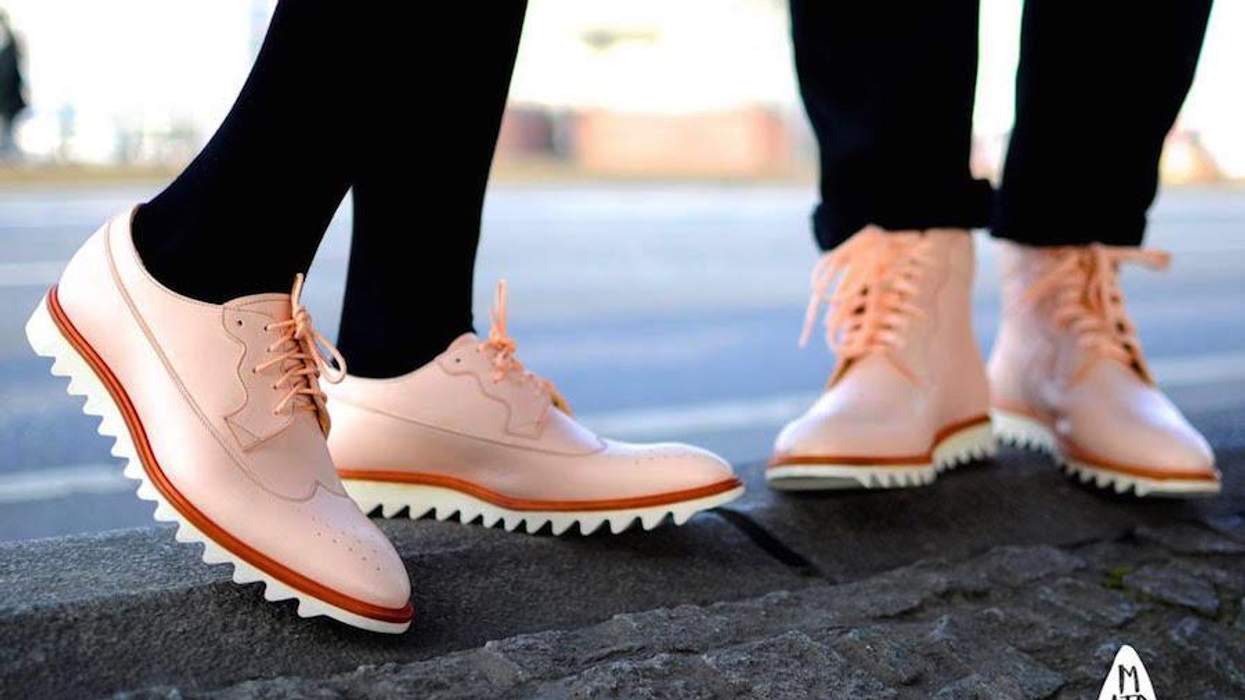

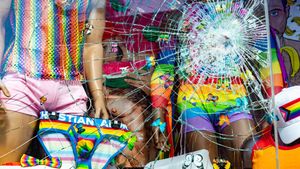










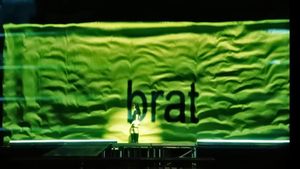



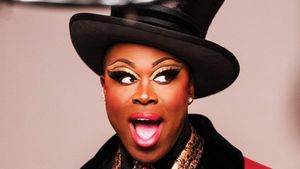

















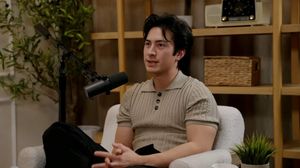

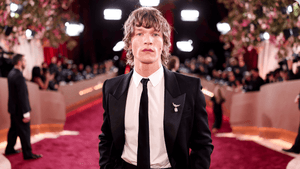
















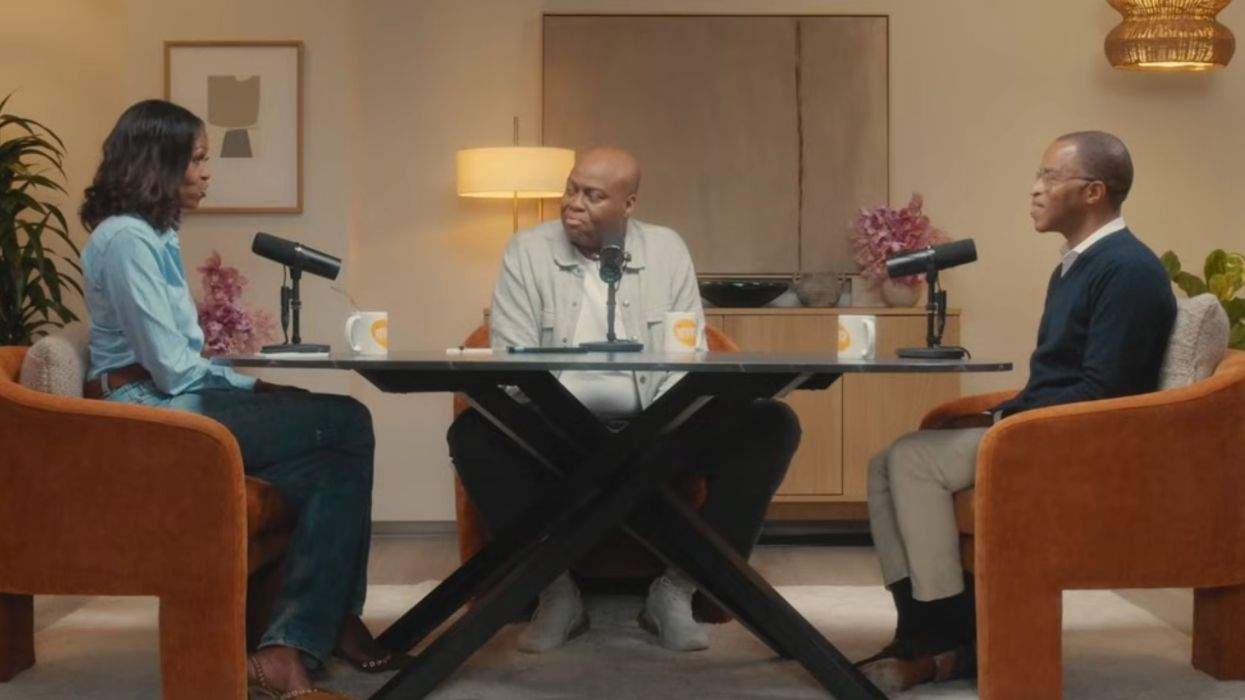
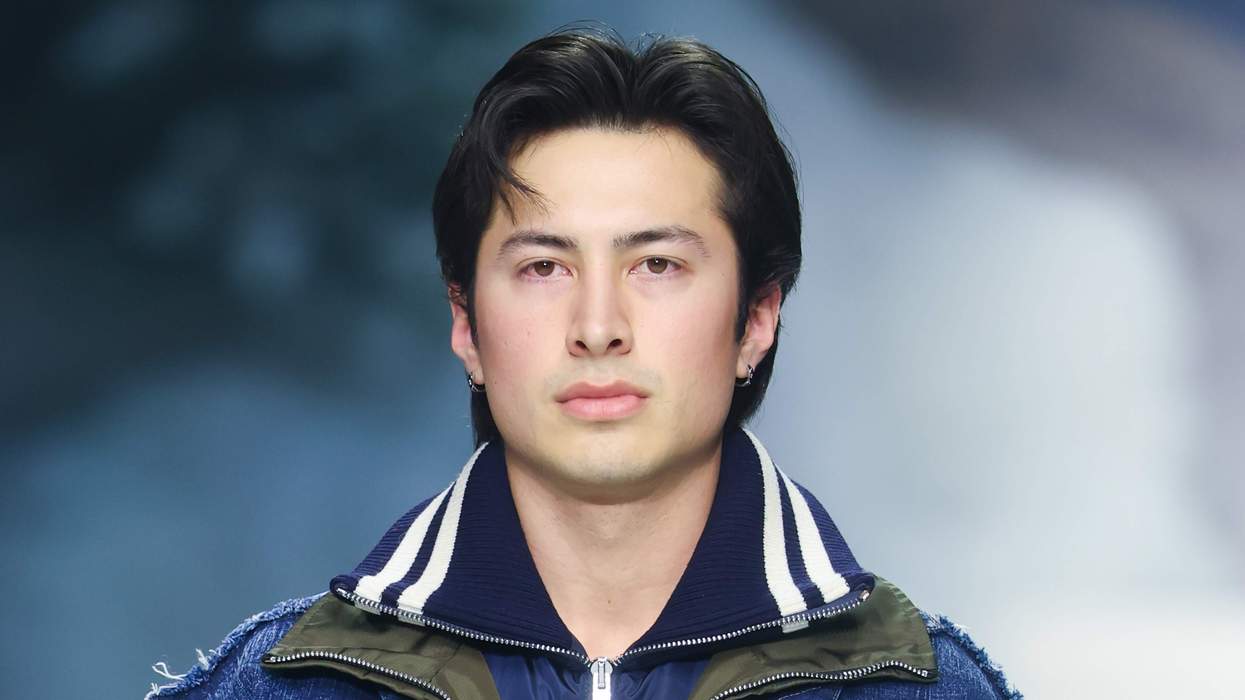





































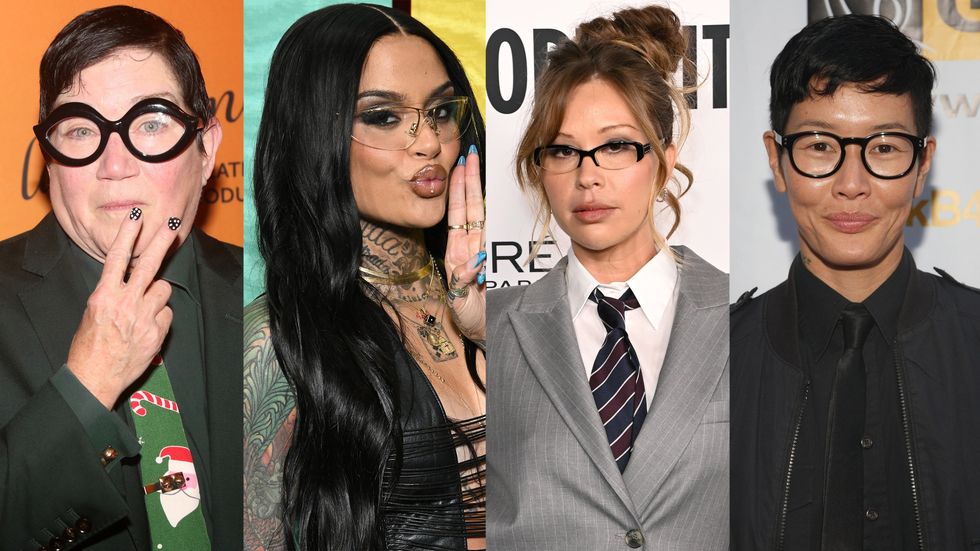
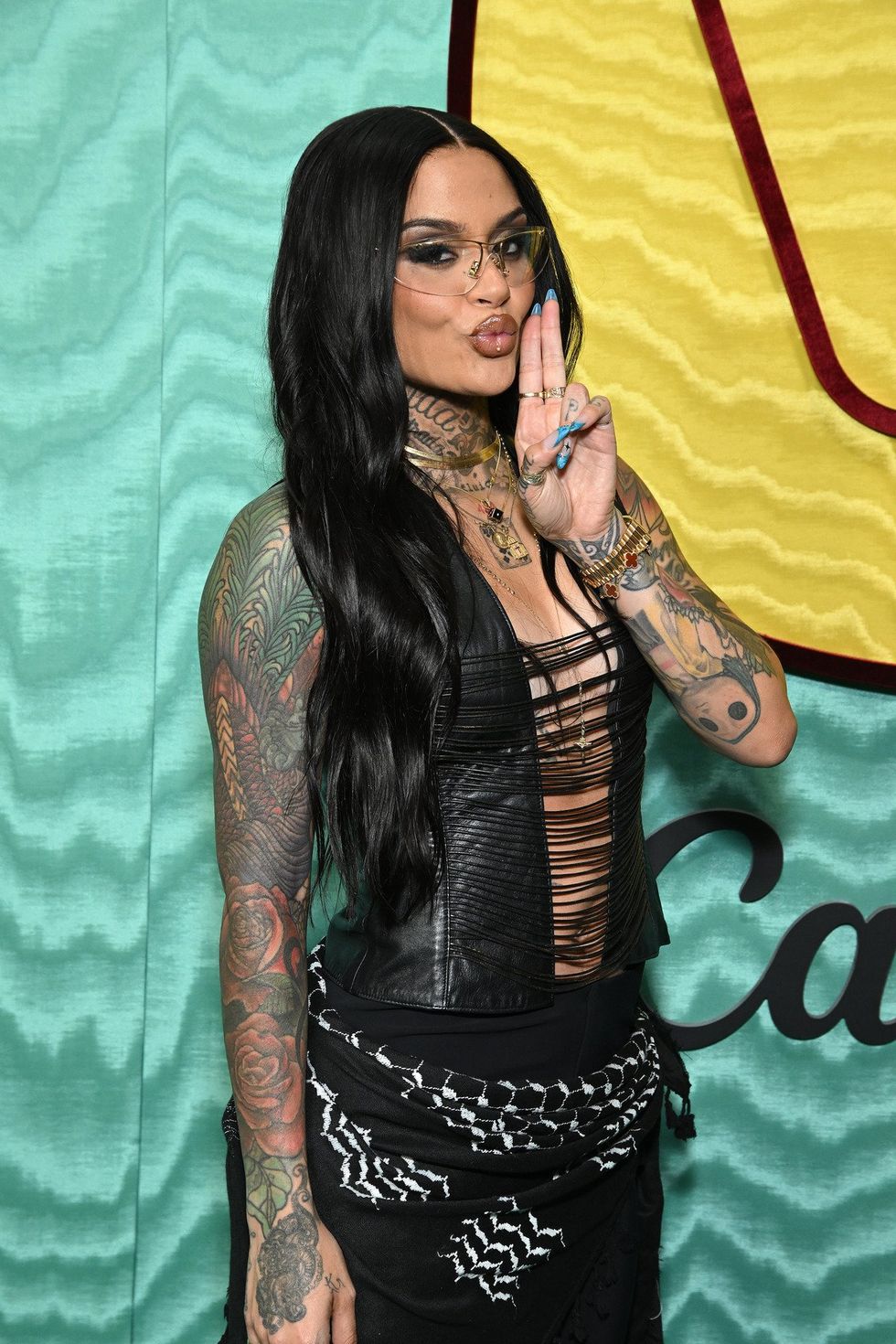
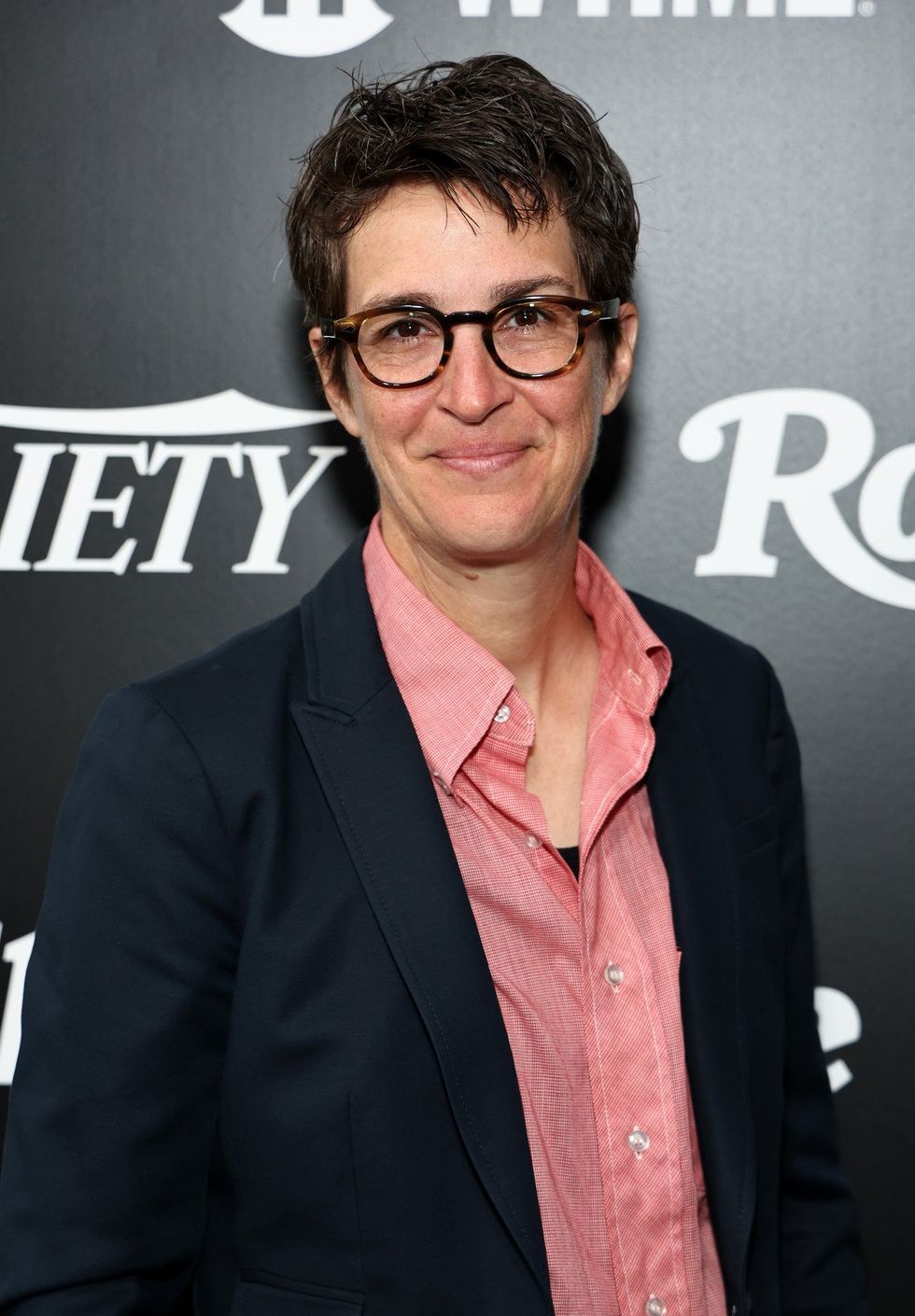
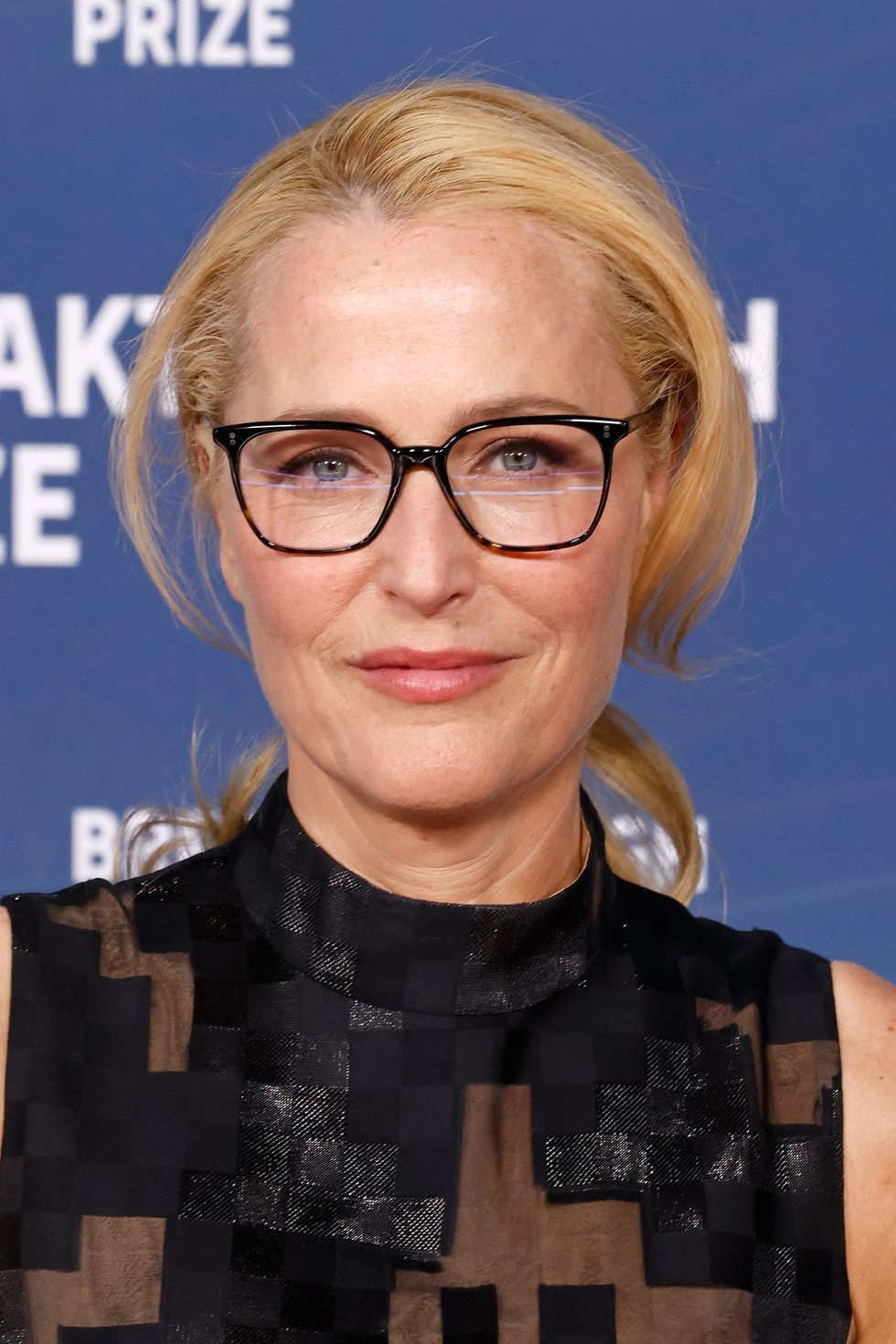
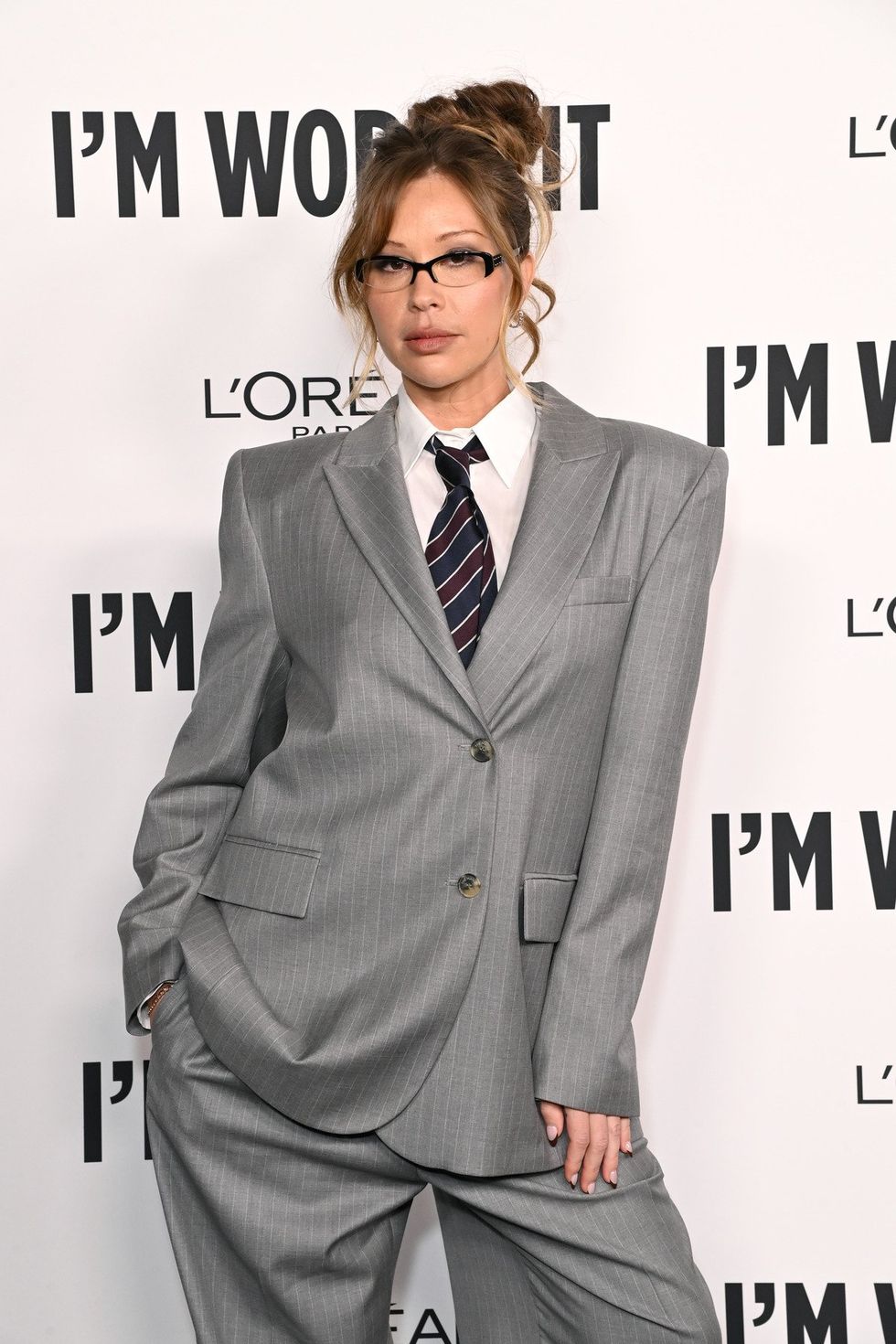
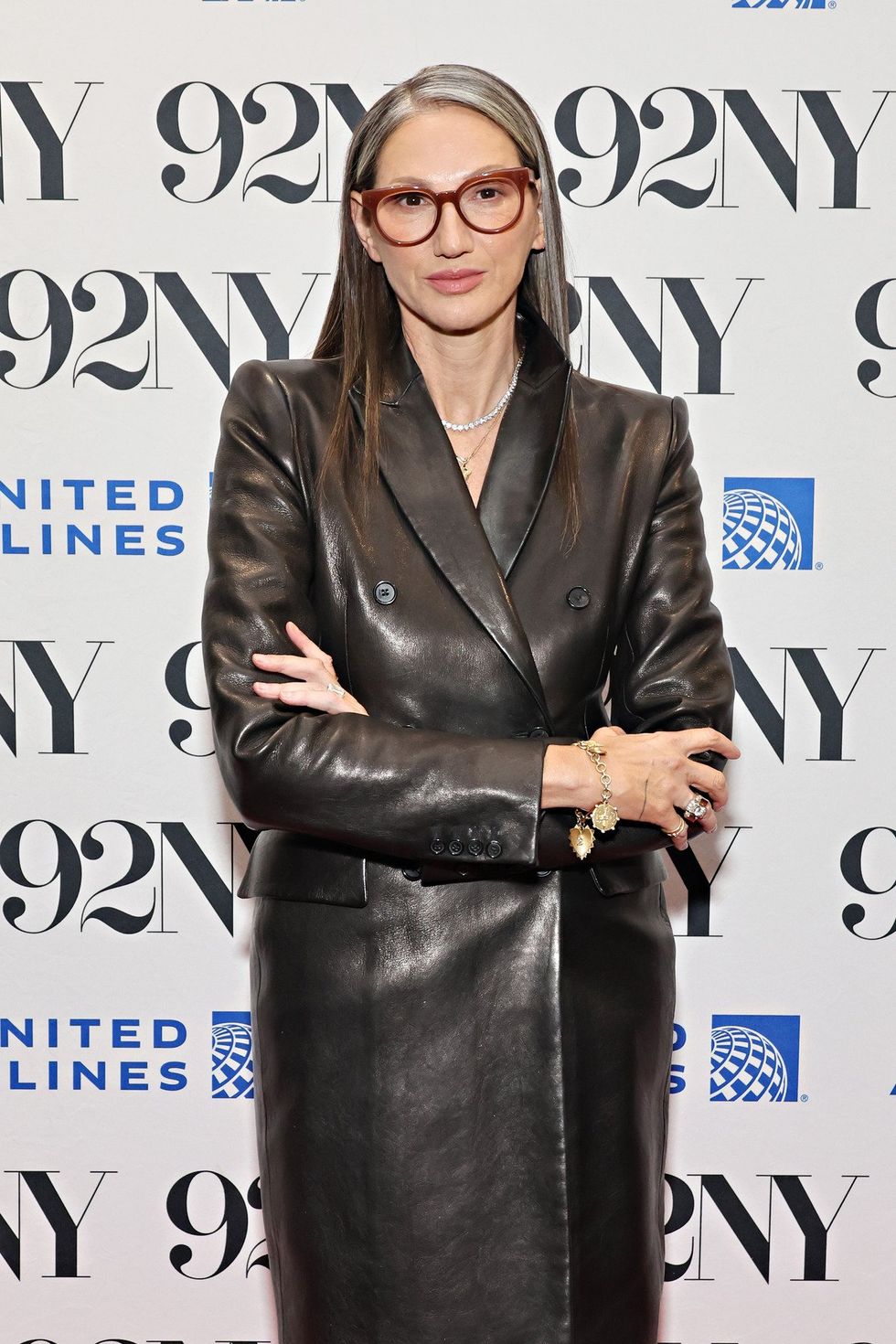

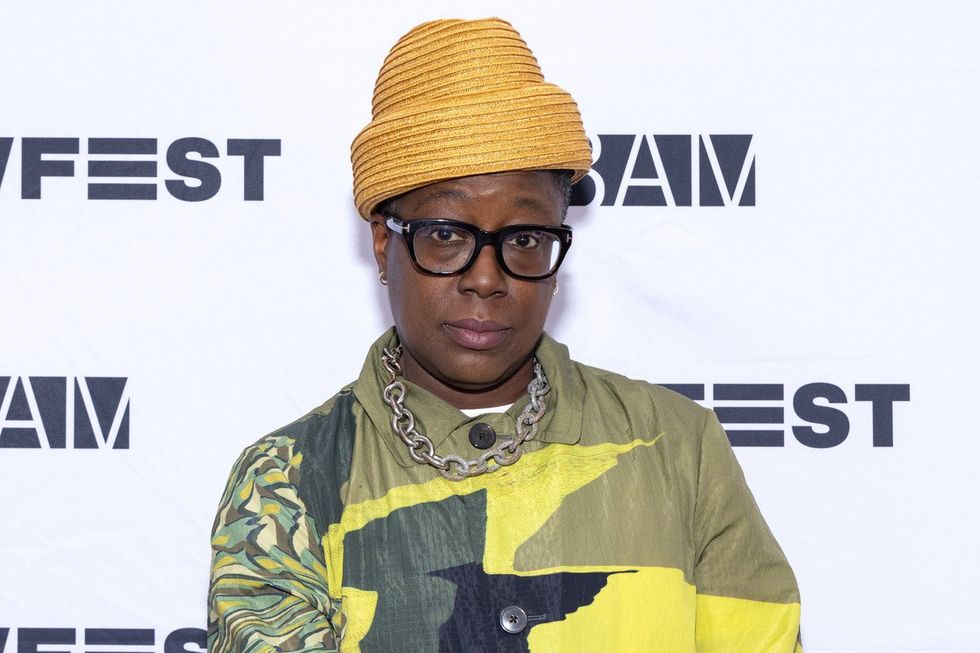
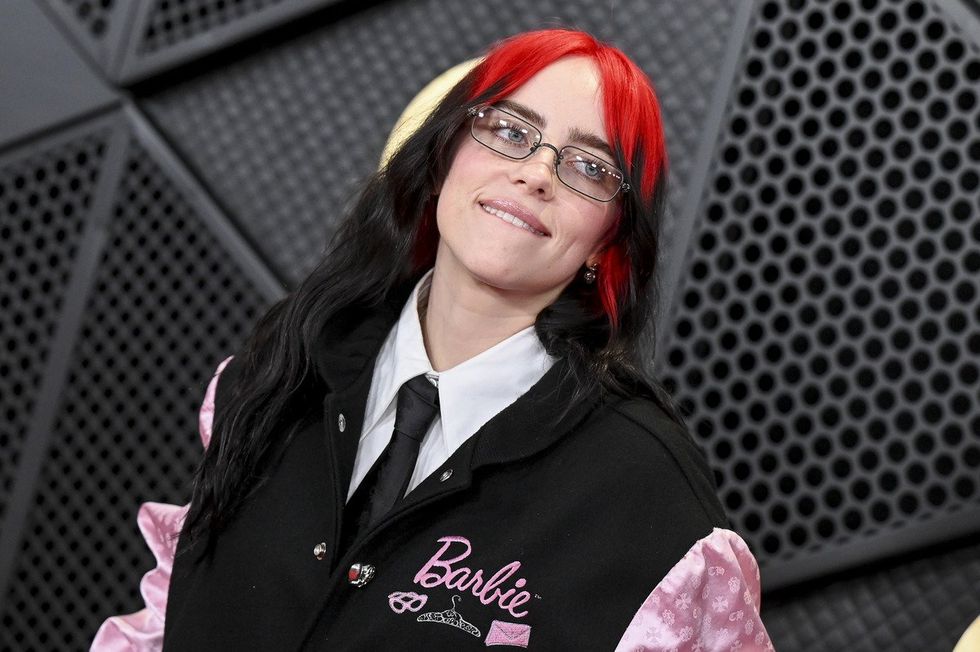
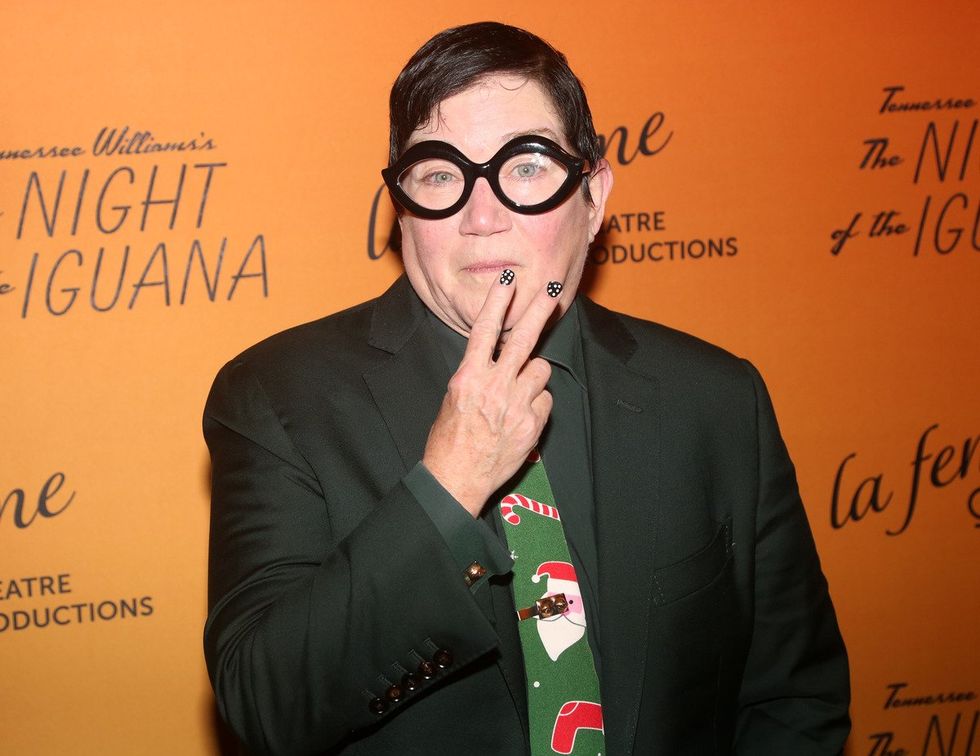

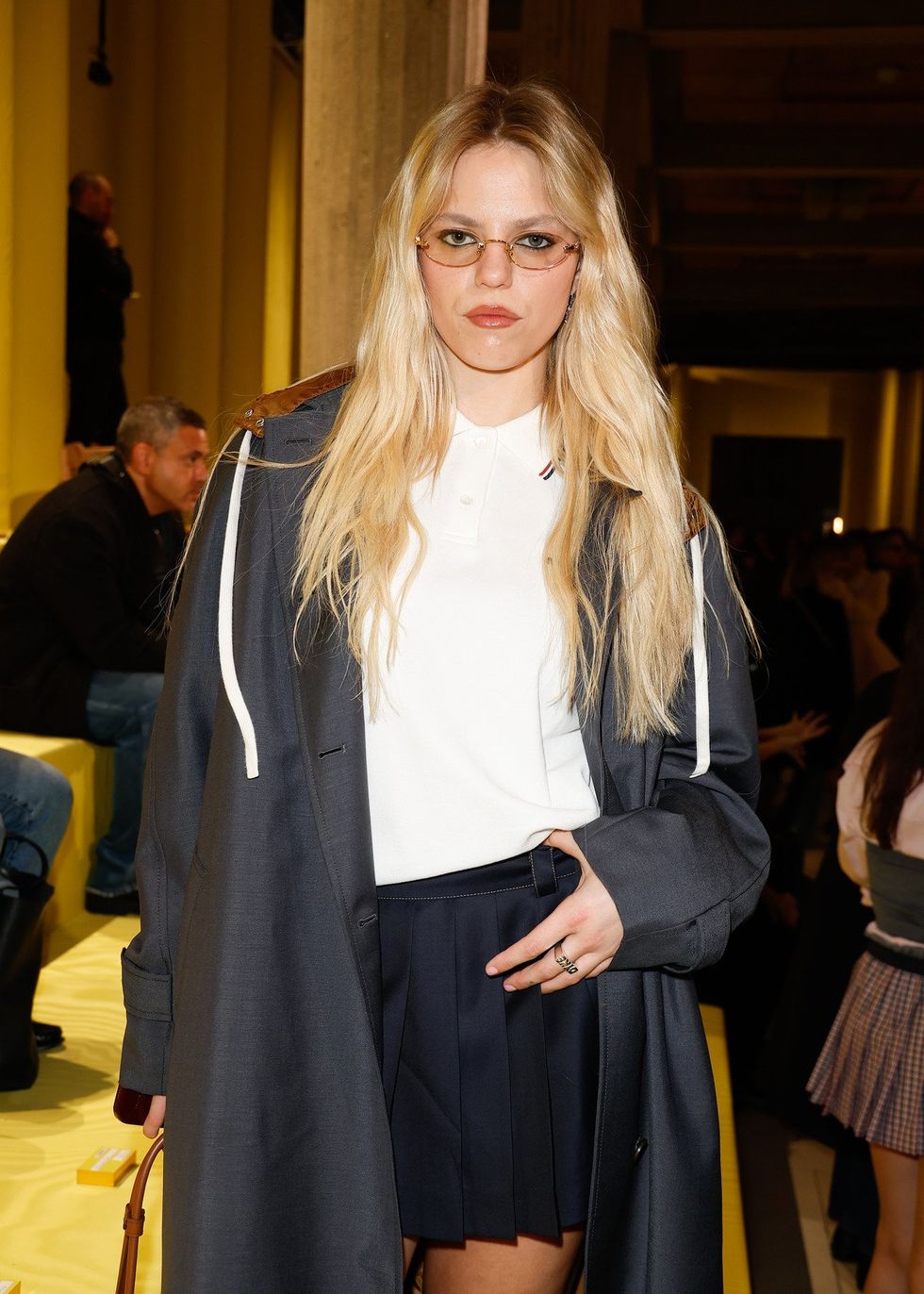
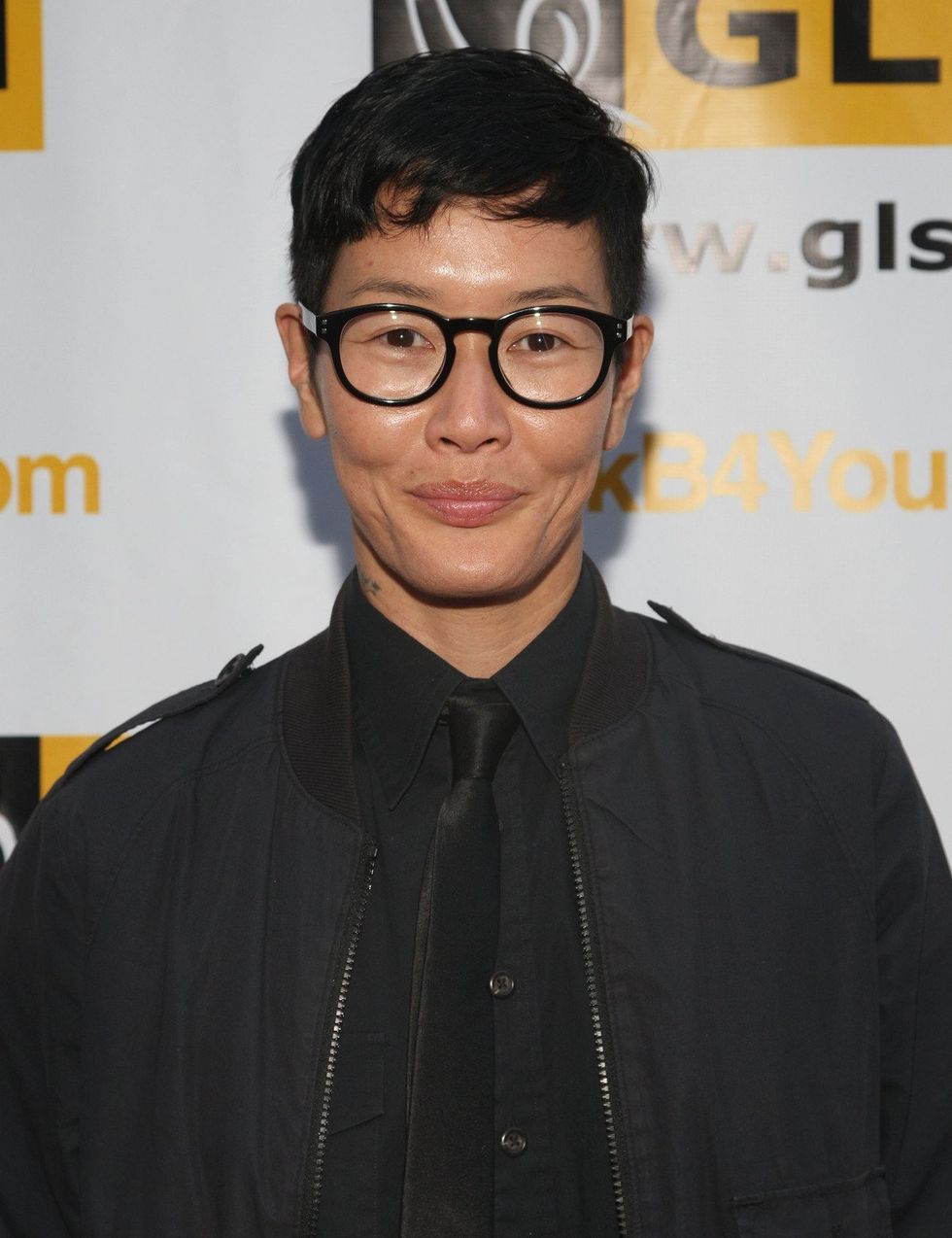
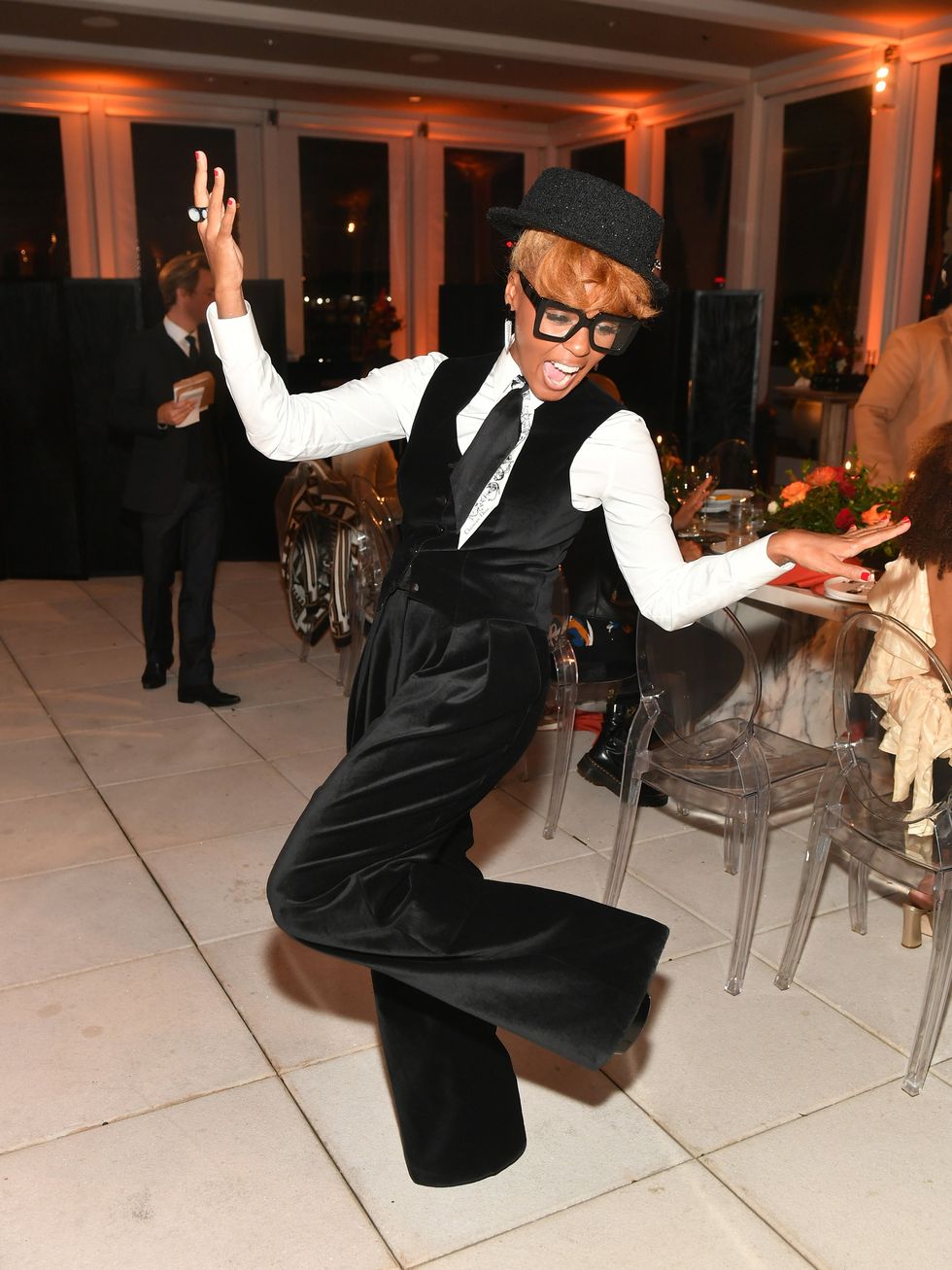

 Cindy Ord/Getty Images
Cindy Ord/Getty Images










